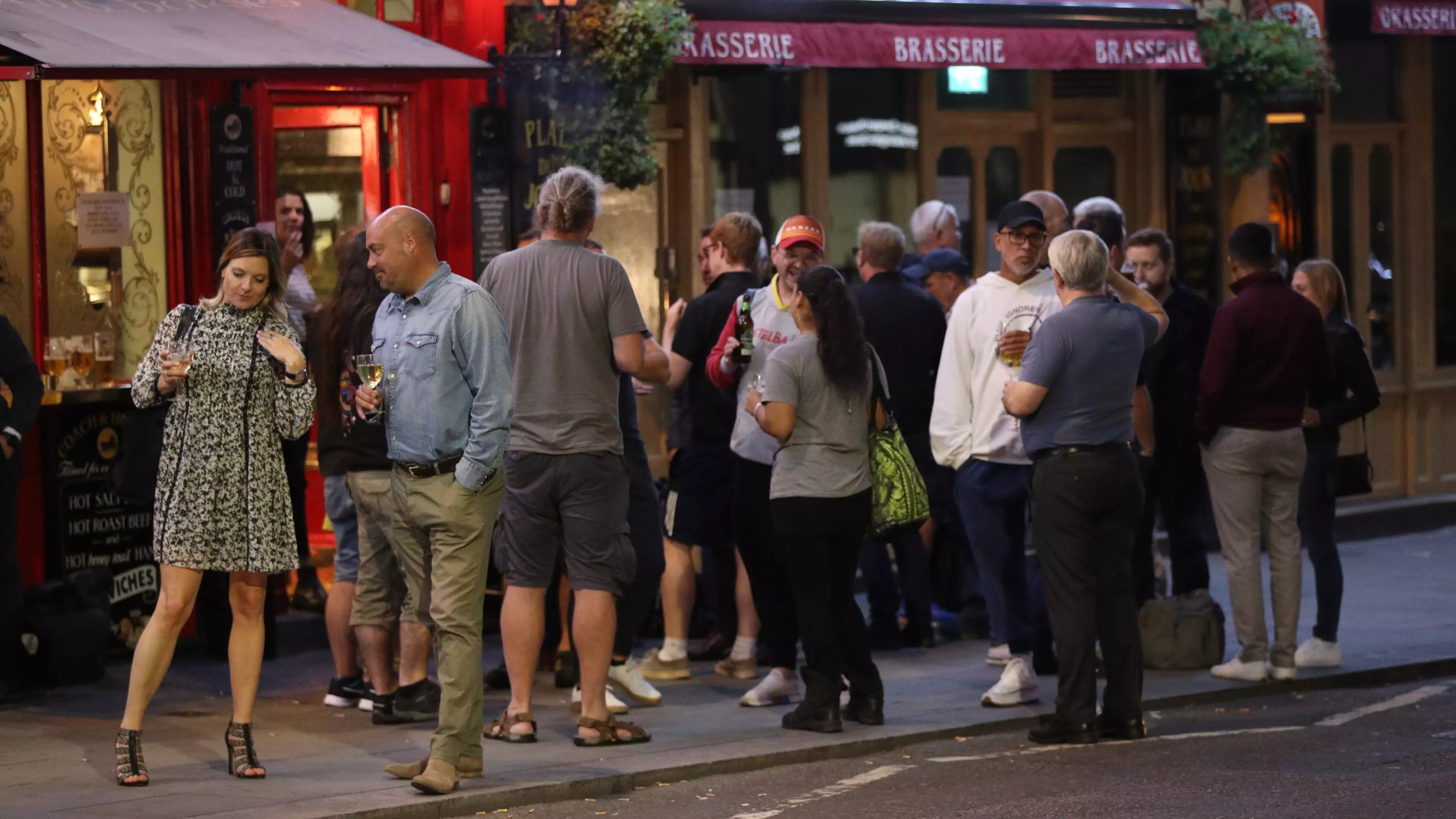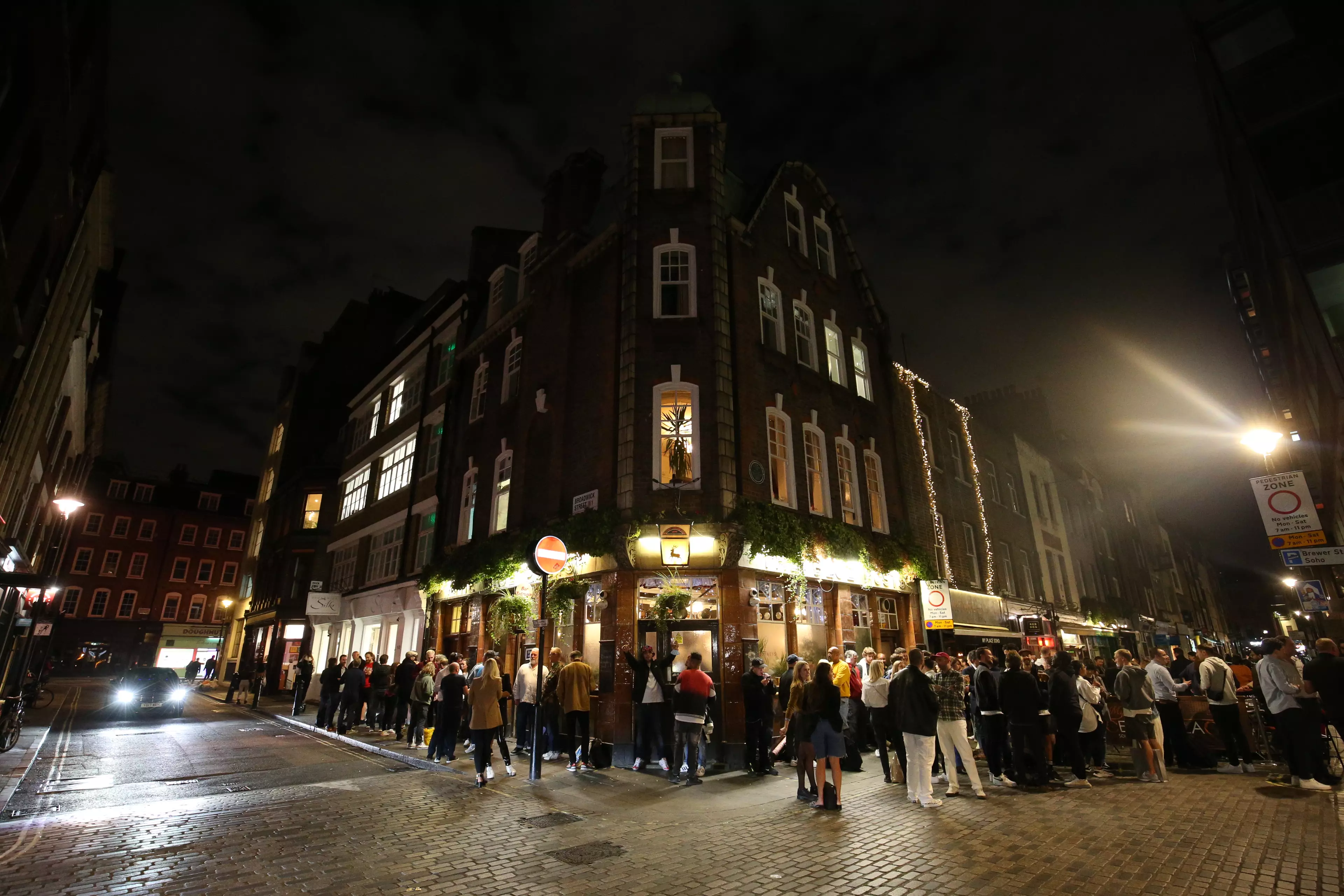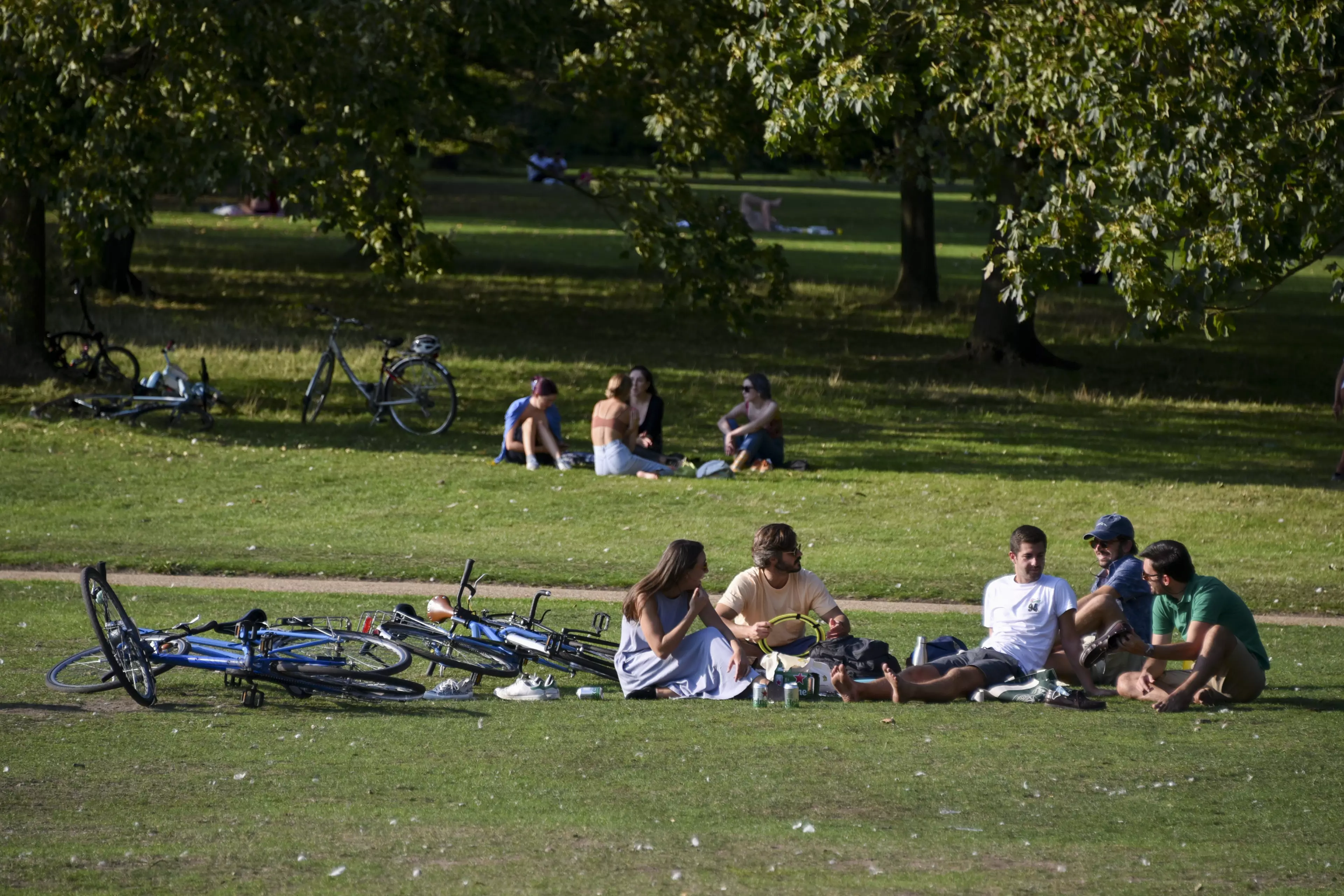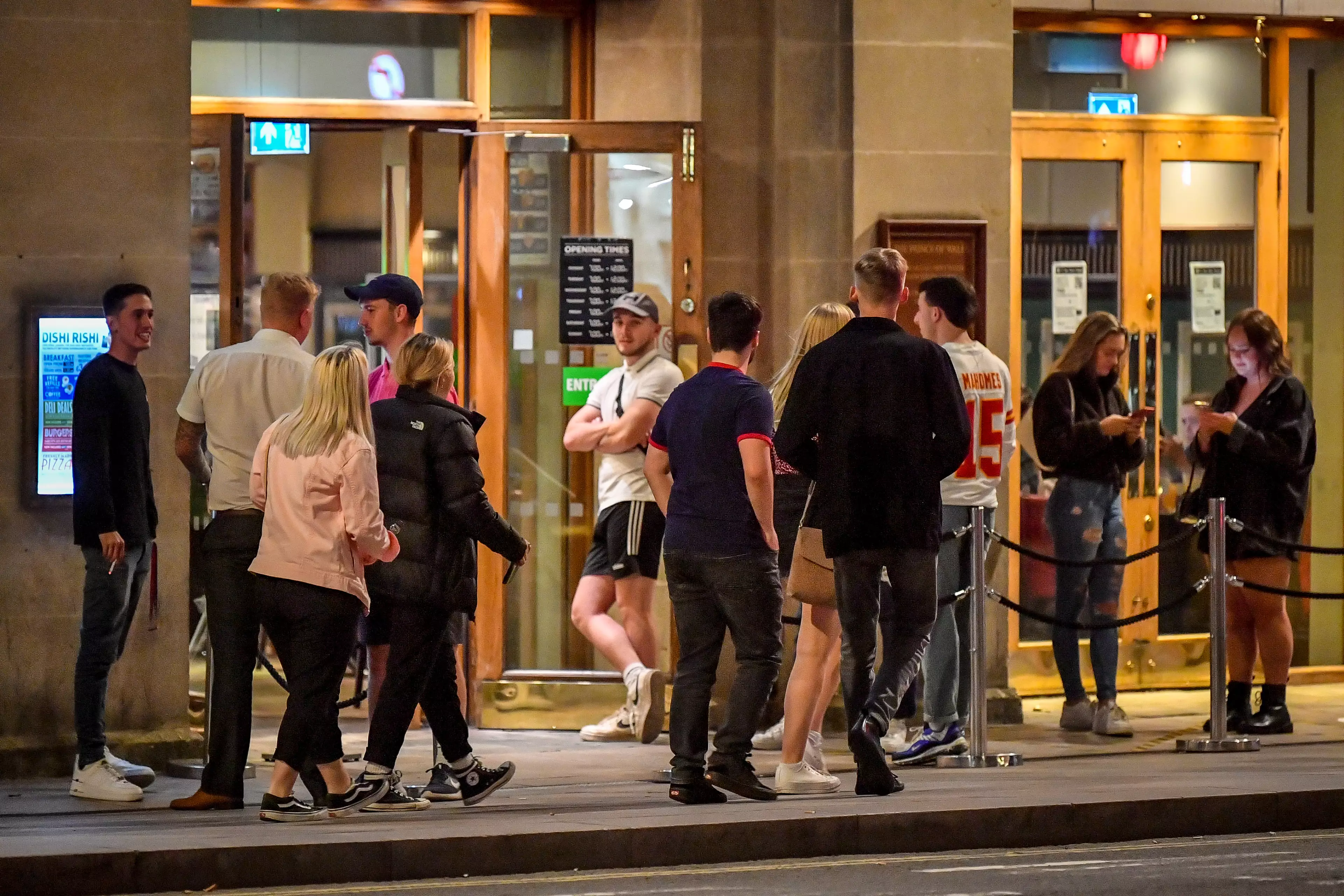
So, it's Monday 14 September, and once again we've awoken to a set of new rules to prevent the spread of coronavirus.
Cases are rising across the country, the R-number has moved above 1 again, and further steps have to be taken to arrest the spread of the virus.
This time, we're being asked to remember the 'rule of six' - meaning that only six people can meet up indoors and outdoors from today.
Advert
However, the rules slightly differ depending on what part of the UK you live in.
A quick poll of LADbible Twitter followers this morning revealed that nearly two-thirds of 5,500 respondents don't fully understand what the new rules are all about.
Well, given that we're going to be stuck with these changes - or potentially even more restrictive measures - for a few months at the least, let's have a look at what they actually mean.
Let's start in England, where the rules are arguably the most strict.
Advert

The rules pretty uniformly state that only six people can meet up anywhere. However, whereas there are exemptions in Scotland and Wales, everyone counts as one of that six.
Whether you're a 40-year-old man or a six-month-old baby, you're one of the six people to be counted.
Everyone in those gatherings from different households must remain at 'one metre plus' distance from each other.
Advert
That means that you're at least a metre apart, and have taken other precautions such as wearing a face covering.
North of the border in Scotland, the rules only apply to people over 12 years of age, but the six people must be from just two households.

The social distancing rules suggest a distance of at least two metres, but there are exemptions in places such as pubs.
Advert
That goes for both indoor and outdoor settings.
Still keeping up?
In Wales, a distance of two metres must be observed by everyone over the age of 11, and up to six people aged over 12 from an 'extended household' can meet indoors.
However, 30 people can still meet up outdoors, so long as the distancing rules are met.
Advert
Over the Irish Sea in Northern Ireland, up to 15 people can meet outdoors at a distance of two metres, and six people from two households can meet up indoors - again, at a safe distance.
In all of these situations, there are exemptions for events such as weddings, funerals, gatherings for work or educational purposes, and team sports that have been organised in a coronavirus-safe manner.

One key thing to remember, on top of all of this, is that you'll actually be breaking the law if you contravene these rules.
Failure to comply with whatever regulations you're subject to could result in a £100 fine for a first offence, which is then doubled for each follow-up offence, to a maximum fine of £3,200.
The government explained that 'putting the new, lower limit in law will make it easier for the police to identify and disperse illegal gatherings'.
As ever, you should be wearing a mask when you're out and about, on public transport and in shops, unless you are exempt or under 11.
Of course, if you experience symptoms, feel ill, or come into contact with someone who returns a positive test, you should self-isolate for 14 days.
It goes without saying, wash your damn hands.
The full government coronavirus guidelines can be found here.
Featured Image Credit: PATopics: UK News, Coronavirus, Health